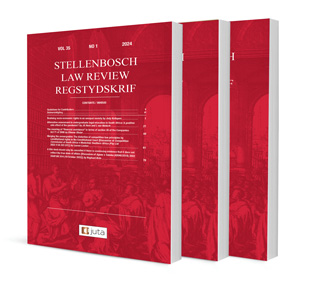Locating the Right to Development in Kenya

Locating the Right to Development in Kenya
Author Anthony Wambugu Munene
ISSN: 2521-2613
Affiliations: LLB (University of Nairobi), LLM (University of Pretoria); Assistant Director, Kenya School of Law
Source: Africa Nazarene University Law Journal, 2014, Issue 1, p. 56 – 75
Abstract
Perhaps one of the most critical of all human rights is the right to development. Yet since its emergence in the 1970s and through its evolution it has been the subject of both academic and political controversy. Over the last four decades, the right to development has come to be a fundamental human right with the human person being identified its central subject and beneficiary. With the coming into force of the new Constitution on 27 August 2010, international law became part of the law of Kenya. The Constitution’s expanded Bill of Rights lays down a progressive framework for the realisation of rights and realisation of the full potential of its subjects. Its net effect is to lay a foundation for the realisation of the right to development. This article locates the place of the right to development in Kenya’s new constitutional dispensation.
